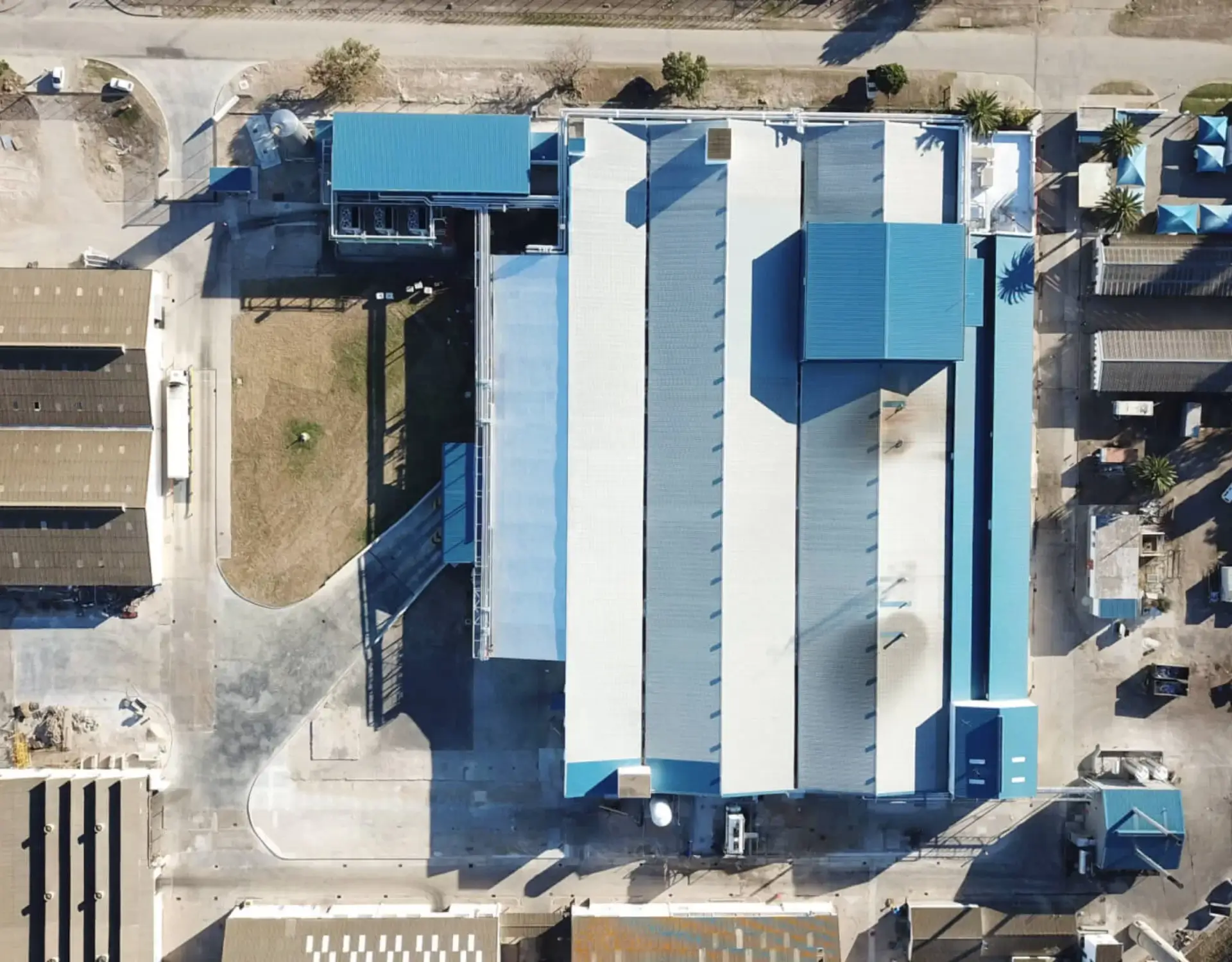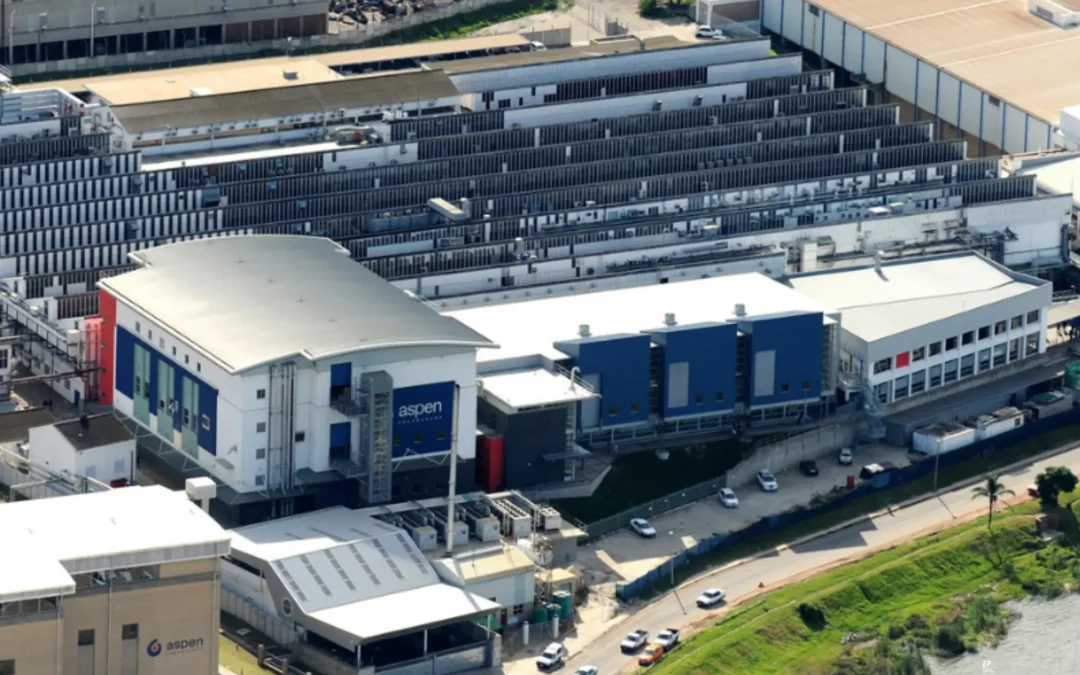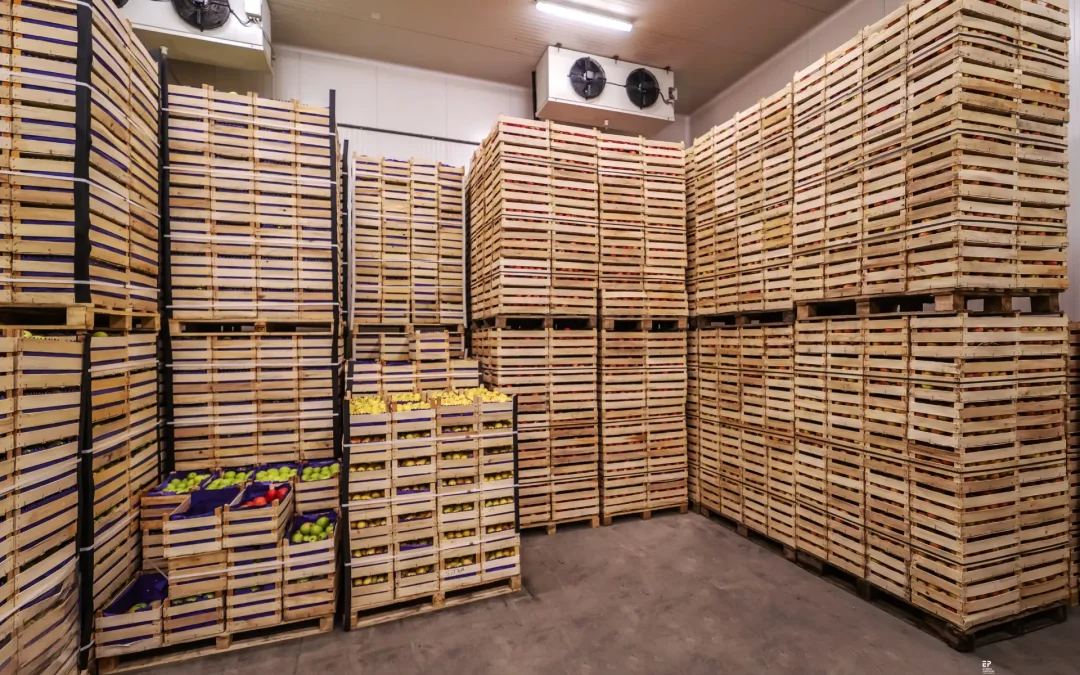Exploring opportunities to streamline energy efficiencies within businesses has become a major focus for South African companies in recent years. A great business case for how this can be done with beneficial outcomes in not only energy, but also cost management while improving operational efficiencies is, Sovereign Foods.
The South African food production stalwart recently completed the installation of a facility that provides value-added chicken products in the Alexander Industrial Area of Uitenhage in the Eastern Cape. The plant has brought much-needed revival to the area’s manufacturing sector – and along with it, much-needed jobs.
According to Dawie Kriel, Head of Business Development at EP Refrigeration – a division of Energy Partners and part of the PSG group of companies – the most unique feature of this plant is the innovation behind using the waste heat it generates to save on energy costs. The fact that the cooling and steam production functions are provided by the same service provider, is a large part of what made this possible.
Kriel explains, Sovereign Foods decided to opt for servitisation to cater for their cooling and heating needs and contracted EP’s Cooling as a Service (CaaS) solution. “To meet their needs, we installed a refrigeration system consisting of a two-stage pumped circulation ammonia plant with evaporative condensers. The plant has two operating stages providing temperatures at -40°C (low stage) and -5°C (high stage) respectively. In all, the system provides over 3500kW of cooling for the entire facility.”
Our CaaS solution really allows businesses to focus both management time and capital on core business improvements – letting the experts own and operate any required cooling and heating utilities,” says Kriel.
An important feature of this installation is the heat recovery system that produce hot water for the factory as a by-product of cooling. “The refrigeration system uses its high-quality waste heat to produce around 100 kiloliters of hot water (50°C) per day,” says Kriel.
From there, the pre-heated water is supplied directly to a number of other processes in the factory, this reduces the overall heating required from the steam system. In-turn, the steam system also recovers waste heat to further reduce costs for Sovereign Foods.
Jonathan Probert, Head of Business Development for EP Steam says, that his team proposed the installation of a refurbished, coal-fired boiler to fulfill this function. “The steam project installation also required new infrastructure – from boilers to chimneys and everything in between. The facility now has an 8t per hour, 10 bar coal-fired unit fitted as the duty boiler. In conjunction with that we also have a 7,2t per hour heavy fuel oil fired standby boiler which is kept on hot-standby through steam sparging (a process that involves injecting steam into water). The installation was 100% designed by EP Steam.”
Probert goes on to explain that an economizer was added to the coal-fired boiler. “The unit extracts waste heat from the boiler’s exhaust, which then pre-heats the feed water. Raising the temperature of the feed water through the steam system’s waste heat, has a significant impact on the amount of fuel the facility needs to produce steam. The savings in terms of coal usage are therefore significant. Apart from the energy savings, the higher feedwater temperature reduces thermal shock in the boiler, thereby reducing the risk of crack propagation in the boiler shell – this is particularly useful on sites with low condensate return.”
“The success of the initial EP Refrigeration project and the resultant energy and cost savings was the catalyst for the second phase, our steam project, but it was the synergy of the two which led to the real innovation and leveraging energy resources to optimal levels,” notes Probert.
Pieter van der Smit, Engineering Manager at Sovereign Foods says that this is the biggest single capital project that the company has undertaken to date. “This is now arguably the most advanced further processing facility in South Africa with equipment and facilities on par with European standards. Sovereign’s strategy is to partner with the best service providers that offer reliable, cost-effective and innovative solutions. Energy Partners was able to offer solutions for both steam and refrigeration. The outsourced offering of steam and cooling sales (where Sovereign buys units of energy – kg of steam and kw’s of refrigeration) reduces our risk profile and enables us to focus on our core business of producing high quality, affordable and very tasty products.”
“Energy Partners sees the Eastern Cape as a promising growth region for industry in South Africa, and we will be looking to invest further in the region in the near future,” adds Kriel.





